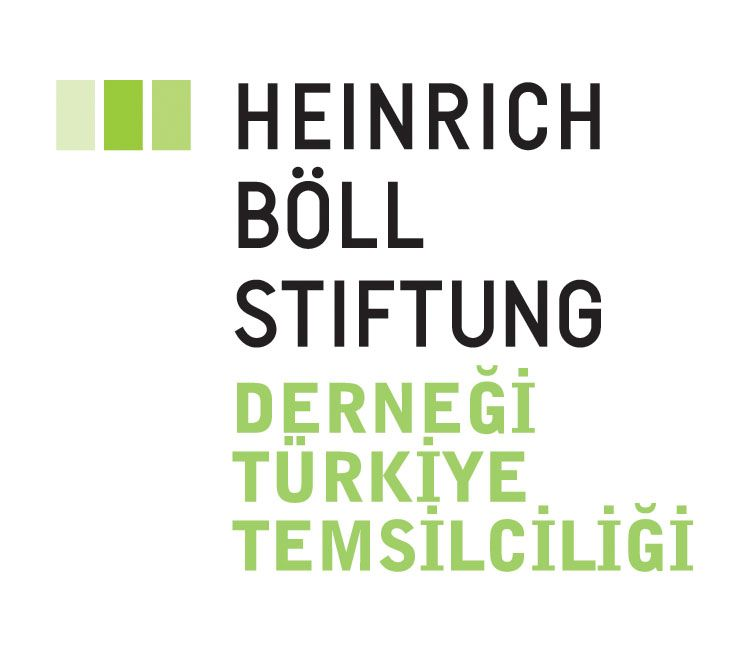
Scholars studying Turkey’s foreign affairs have traditionally taken historical and case-study approaches to analyze Turkish foreign policy (TFP). These studies have usually taken actor-general approaches in which Turkey is treated as a unitary actor with a single choice of foreign policy course representing ‘the national interest’. These studies have usually taken the form of policy-oriented work with an atheoretical approach.
Some other traditional studies have used International Relations (IR) theories in a non-hypothesis-testing manner to account for Turkey’s foreign policy. These studies, mostly claiming to use a ‘political realist’ framework, used theoretical approaches in a rather ‘loose’ manner, only employing them as a ‘framework for analysis’ rather than empirically testing specific hypotheses. These studies also focused only on the systemic level of analysis of Turkey’s bilateral relations. Studies on Turkey’s foreign policy during the Cold War, its decision to join NATO vis-a-vis Soviet threats, Turkey’s relations with the EU, or its bilateral relations with Greece are primary examples of this type of research.
These studies dominated the literature on Turkey’s foreign policy, especially during the Cold War. However, with the end of the Cold War, we also observed other actors becoming relevant in Turkish foreign policymaking, including the bureaucracy, civil society, and individuals, in addition to the traditional political and military elite. This was a development similar to the rest of the world. The democratization and opening of the political regime in Turkey during the 1990s have shaped the actual foreign policy decision-making and the studies attempting to explain it. In this period, we observed the first kind of studies establishing linkages between domestic factors such as public opinion and Turkey’s relations with the EU.
Starting from the early 2000s, the studies focusing on Turkey’s foreign policy had to consider many other political, economic, and sociological factors due to the changing nature of Turkish foreign policy under successive AKP governments, such as the influence of trade coalitions and business interests. Especially in the post-2010 period, Turkish foreign policy discussions focused almost solely on domestic and individual level factors such as governing elite’s ideology, leader-level factors, or the country’s shift from a parliamentary to a presidential system and institutional changes accompanying it.
My suggestion for students of TFP studies to better explain the complexity of Turkey’s foreign policy is to take a ‘foreign policy analysis’ or ‘foreign policy decision-making’ approach. I believe such an approach to TFP studies is warranted for many reasons. First, studies focusing on Turkey’s foreign relations should take into account all three traditional levels of analysis in IR. That is, TFP studies must consider the individual level decision-making factors and state level (domestic level) political, economic, and social factors beyond the system level explanations. Any study excluding the other two levels of analysis is bound to be misleading. In other words, I invite students of Turkish foreign policy to engage in multi-factorial, multi-level analysis in their work, creatively connecting micro-level and macro-level factors. Relatedly, TFP studies should also shift from actor-general to actor-specific analyses. In our analyses, we should eliminate heuristics such as ‘state’ and recognize that various factors contribute to foreign policy decision-making within any given state, including Turkey.
Furthermore, TFP studies should eliminate gross generalizations and abstractions in the forms of IR theories such as polarity, distribution of power and capabilities, international regimes, or social structures of IR but focus on what we call mid-range theories and aim for mid-level generalizations. Therefore, focusing on the agency instead of the structure is paramount. In addition, Turkish foreign policy studies must take the course of empirical analyses. Training our students and academics toward using objectively collected data to make inferences about foreign policy decision making should be the preferred way to study Turkish foreign policy.
Specifically, I invite students of TFP to focus on leader level variables such as individual decision-making, leaders’ beliefs and personality traits, decision-making models and constraints on human decision-making and cognition, rationality and boundedness of rational decision-making, psycho-biographies, and pathologies of leaders. In addition, focusing on small-group decision-making and the limitations of such a decision-making environment is essential. Especially after the 2017 constitutional referendum and shift to the presidential system, individual and small-group decision making dynamics have become even more critical.
At the domestic level of analysis, there are countless factors, the influence of which we can study on TFP. The most relevant ones seem to be ideological and ideational factors, especially those related to faith, religion, ethnicity, and nationalism. Effects of a political party system, parliamentary politics, and opposition appear as essential variables. Elite level conceptualizations of Turkey’s foreign policy roles and the conflict and contestation about those roles constitute an important area of study. Public opinion on foreign policy initiatives of governments, especially on important issues like the use of force abroad, foreign aid, refugees, and MENA politics, come next. Other research areas include economic factors, trade policy and coalitions, the business world, and foreign policy. Studying the role of civilian, military, and intelligence bureaucracy in Turkish foreign policy decision making is also a major area of study.
To conclude, understanding and explaining the complexities of Turkish foreign policy is not an easy task and requires immense effort and training. Focusing on all three levels of analysis (system, state, and individual) and making the necessary connections between those factors objectively and empirically is required. A commitment to the agent-based study of decision-making is needed to create realistic analyses. Opening the ‘black box of state’ and daring to account for multiple factors shaping foreign policy decision-making is of the greatest importance. Using mid-range theories to make mid-level generalizations and explanations of Turkish foreign policy in an empirical manner is the way forward for TFP studies.

Assoc. Prof. Özgür Özdamar, Bilkent University
Assoc. Prof. Özgür Özdamar is a faculty member and head of the Department of International Relations at Bilkent University. Dr. Özdamar’s articles have been published in journals such as the European Journal of IR, Foreign Policy Analysis, International Studies Review, Political Research Quarterly. Dr. Özdamar’s last co-authored book, “Role Theory in the Middle East and North Africa”, was published by Routledge publishing house in 2019. Özgür Özdamar spent the 2018-2019 academic year at SAIS-Johns Hopkins as a Fulbright researcher and conducted a project on Turkey-US relations.
To cite this work: Özgür Özdamar , “THow to Analyze the Complexity of Turkish Foreign Policy-Making?”, Panorama, Online, 10 June 2023, https://www.uikpanorama.com/blog/2023/06/10/oo-2/

This article has been prepared with the support provided to the International Relations Council and the Global Academy by the Heinrich Böll Stiftung Association Turkey Representative within the scope of the project titled ‘Foreign Policy for the 21st Century; Peaceful, Equitable, and Dynamic Turkey’.
Copyright@UIKPanorama. All on-line and print rights reserved. Opinions expressed in works published by the Panorama belongs to the authors alone unless otherwise stated, and do not imply endorsement by the IRCT, Global Academy, or the Editors/Editorial Board of Panorama.

